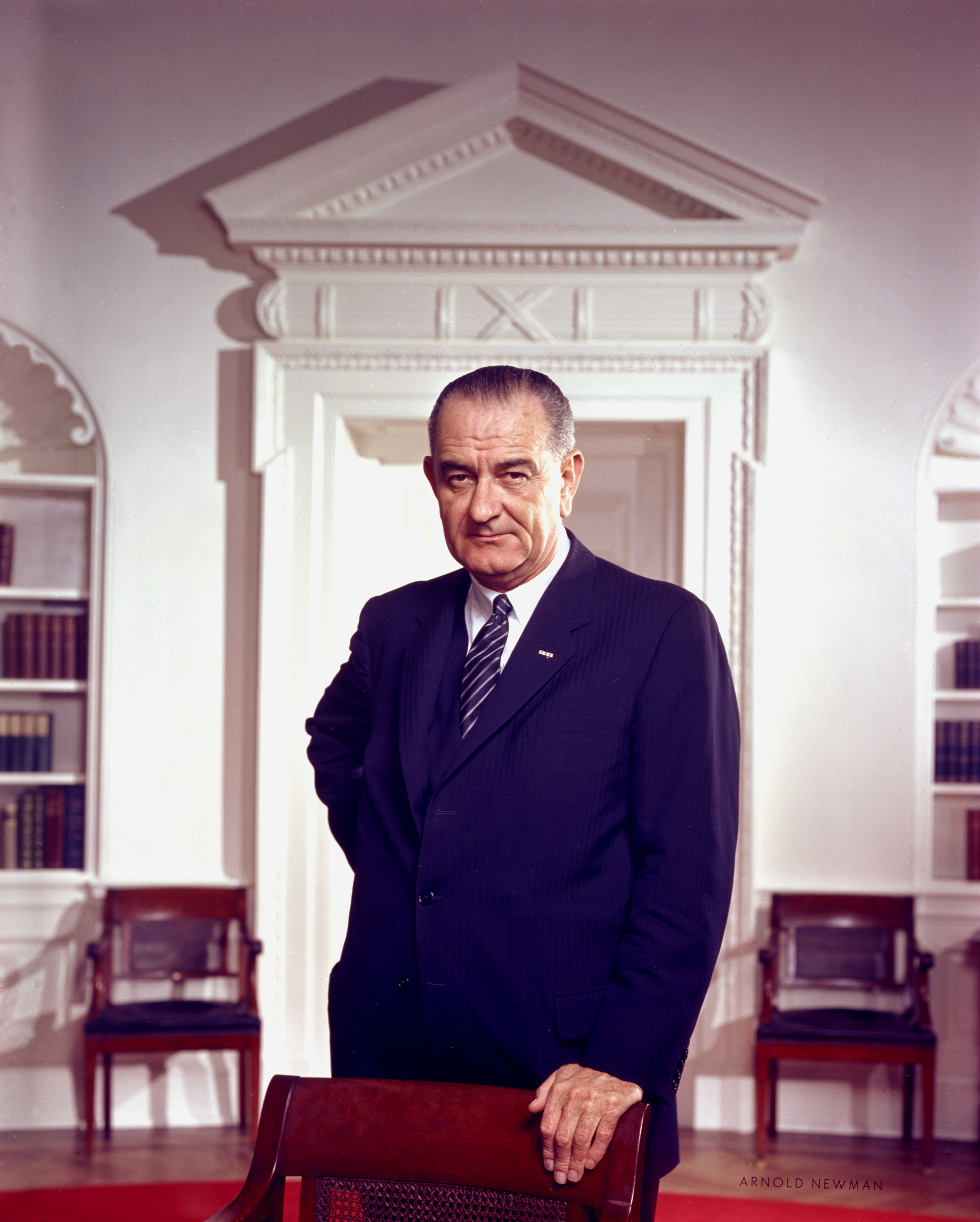Lyndon B. Johnson: Champion of Civil Rights and the Great Society
Thesis Statement
Lyndon B. Johnson's legacy as a champion of civil rights and the Great Society is both complex and contradictory. While he achieved significant legislative victories in advancing equality and social welfare, his pursuit of these policies was often driven by political calculation and marred by his own personal flaws. This essay will critically examine the complexities of Johnson's civil rights and Great Society agenda, considering the motivations behind his actions, the effectiveness of his policies, and the lasting impact of his presidency.
Johnson's Political motivations
Johnson's motivations for embracing civil rights were multifaceted. As a Southern politician, he initially approached racial issues with caution, fearing alienation from his constituents. However, his experiences as a young man, witnessing the brutality of segregation, sowed the seeds of a gradual shift in his views (Caro, 2012). Political ambition also played a role. Johnson recognized the growing importance of the African American vote and saw civil rights as a way to build a national coalition.
The Civil Rights Act of 1964 and the Voting Rights Act of 1965
Under Johnson's leadership, Congress passed the Civil Rights Act of 1964, prohibiting discrimination in employment, public accommodations, and education. The Voting Rights Act of 1965 banned literacy tests and other voter suppression tactics, significantly increasing African American voter registration and participation. These landmark laws were pivotal in the civil rights movement, dismantling Jim Crow laws and expanding opportunities for minorities (Branch, 2013).
The Great Society
The Great Society was Johnson's ambitious domestic agenda, seeking to eliminate poverty, improve education, and provide healthcare for all Americans. The War on Poverty launched a range of programs, including Head Start, Medicaid, and Food Stamps. Medicare and Medicaid expanded access to healthcare for the elderly and low-income Americans (Schlesinger, 2008).
Johnson's Personal Flaws
Despite Johnson's legislative achievements, his pursuit of civil rights and the Great Society was marred by his own personal flaws. He was known for his ruthless political tactics, using arm-twisting and intimidation to achieve his goals (Dallek, 2017). His ego and insecurities often led him to make impulsive decisions and disregard the advice of others.
The Vietnam War and the Legacy of the Great Society
Johnson's legacy is further complicated by the Vietnam War, which he escalated despite growing public opposition. The war drained resources from the Great Society programs, undermining their effectiveness. The war also polarized American society, overshadowing Johnson's domestic achievements (Herring, 2017).
Conclusion
Lyndon B. Johnson's legacy as a champion of civil rights and the Great Society is a complex one. His legislative victories were undoubtedly significant, yet his motivations were often mixed and his methods sometimes questionable. The Vietnam War and his own personal flaws ultimately overshadowed his domestic achievements. Nevertheless, Johnson's presidency played a pivotal role in advancing racial equality and expanding social welfare programs, leaving a lasting impact on American history.
Reflections on the Broader Implications
Johnson's presidency highlights the challenges and complexities of addressing social inequality and promoting social change. It demonstrates the importance of political will and legislative action, while also revealing the limitations imposed by political calculations, personal flaws, and external events. Johnson's legacy should serve as a reminder that progress toward social justice is often fraught with contradictions, but it is essential for building a more just and equitable society.
Thunder At Heat Odds, Predictions, Recent Stats, Betting Trends, And Best Bets For December 20
Prince: The Musical Genius Who Pushed Boundaries
Lachlan Murdoch: The Media Mogul Who Shaped News In Australia
/lbj-58a9b21b5f9b58a3c90cfdd3.jpg)
:max_bytes(150000):strip_icc()/johnson-signs-civil-rights-act-515056295-5c5231544cedfd0001f915bb.jpg)

